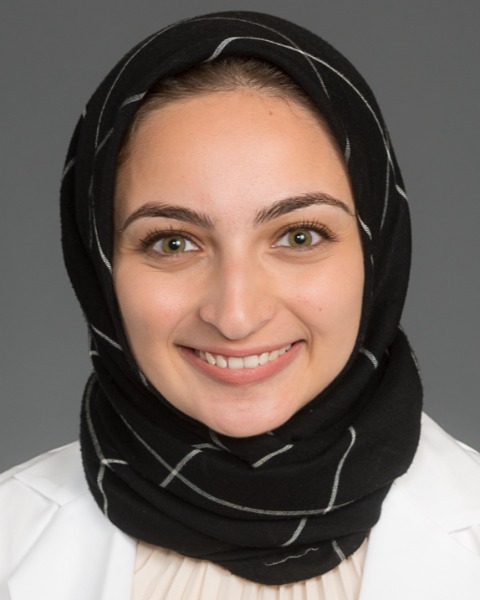Pediatric Nutrition
Session: Pediatric Nutrition Works in Progress
WIP 80 - Cultural and familiar influences on lifestyle management of hypertension in youth
Monday, May 6, 2024
9:30 AM - 11:30 AM ET
Poster Number: WIP 80
Publication Number: WIP 80.2570
Publication Number: WIP 80.2570

Aliya Othman, BS (she/her/hers)
Medical Student
Wake Forest School of Medicine of Wake Forest Baptist Medical Center
Charlotte, North Carolina, United States
WIP Presenting Author(s)
Background: Youth-onset primary hypertension (HTN) is increasingly common. HTN in youth increases the risk of later HTN and cardiovascular disease in adulthood. Lifestyle modification (LM) is the first-line treatment of HTN in youth but is often insufficient, leading to subspecialty referral and pharmacologic intervention. Successful implementation of LM depends on widely variable family knowledge, attitudes, and practices (KAP). However, it is difficult for providers to accurately assess family KAP in traditional clinic settings. It is especially unclear how family KAP affect LM of youth-onset HTN in adolescents. A culturally conscious approach to LM in youth may allow providers to supply more personalized and sustainable LM, but this first requires characterization of nuanced family dynamics, behavioral risk factors, and cultural influences found across a diverse population of youth with HTN.
Objective: Discover the cultural and familial KAP that affect household adherence to LM of youth with primary HTN.
Design/Methods: Mixed-methods study of caregivers and youth (ages 7–19 years) attending a subspecialty HTN clinic at a single center as new patients. We are excluding patients with identifiable secondary causes of HTN and established patients who have already been receiving care at the clinic. IRB approval was obtained in June 2023 and we are obtaining written informed consent and assent. Dyadic, group, and individual interviews are being conducted after the participant’s first and second visits with the clinic provider. Question topics include sociocultural influences on daily dietary choices, perceived value of family support, perceived barriers to healthy eating, and feelings about discussing nutrition with healthcare providers. Data collection and thematic analysis are dynamic and ongoing. Emerging themes are isolated from interview transcripts and the interview guide is updated accordingly. To date, we have interviewed 3 families with target sample size 30, based on anticipated thematic saturation. We will conclude data collection by February 2023.
